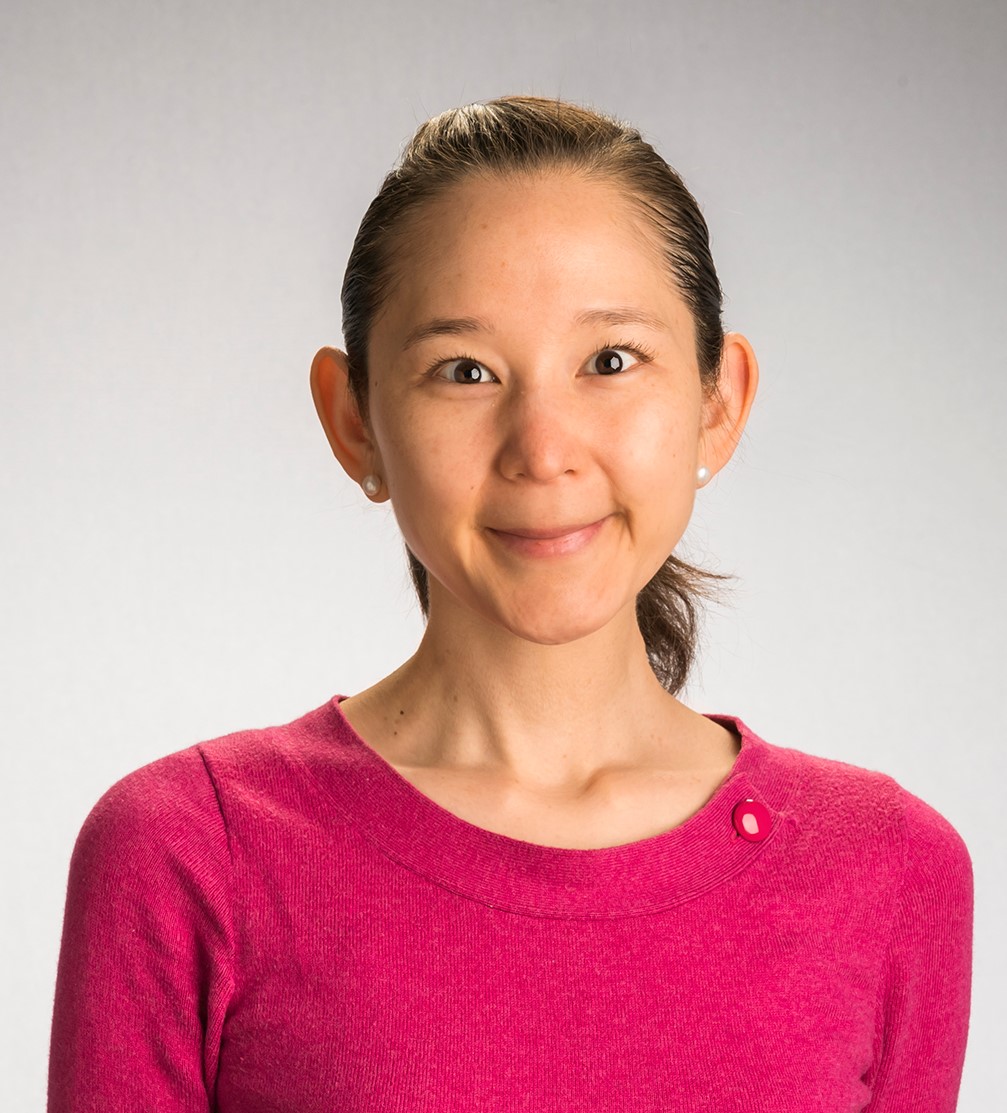

Angela Liou, MD is an assistant professor in the Cancer Genome and Epigenetics Program at Sanford Burnham Prebys Medical Discovery Institute and a practicing pediatric oncologist and hematologist at Rady Children’s Hospital-San Diego. Dr. Liou is interested in studying the relationship between epigenetic dysregulation and the causes of pediatric brain tumors, with a specific focus on investigating key mutations that may drive oncogenesis to identify targets for therapy.
Pediatric high-grade glioma (pHGG) is an incurable disease. In the past, treatments have often failed because there was a lack of understanding about what specific mutations and molecular pathways cause brain tumors. However, with the advent of genomic sequencing, researchers now understand that pHGGs often have mutations in pro-tumorigenic pathways, such as the RAS signaling pathway and in the epigenetic machinery.
In 2024, while Dr. Liou was an instructor at the Children’s Hospital of Philadelphia (CHOP), the Pediatric Cancer Research Foundation awarded Dr. Liou an Emerging Investigator Fellowship Grant for research exploring the relationship between RAS, a well-known pro-tumorigenic pathway, and SETD2, the epigenetic regulator, in the formation of pHGG. The project was led by her and co-principal investigator, Dr. Thomas DeRaedt, assistant professor in the Division of Pediatric Oncology at CHOP.
Both NF1 loss (which causes RAS pathway activation) and SETD2 loss commonly occur together in pHGG, raising the question of whether there exists a link between the RAS pathway and SETD2. Their research found that RAS signaling may potentially change SETD2’s function and alter gene expression via a process called alternative polyadenylation (APA).
Their research aims to further understand how RAS signaling modifies SETD2 causing altered APA and gene expression in pHGG and whether the genes that undergo altered APA contribute to pHGG tumor formation. The overarching goal is to provide mechanistic insights that will help give rise to rational and mechanism-based therapies and push boundaries of treatment towards a cure for children suffering pHGG.
2151 Michelson Drive, Suite 180, Irvine, CA 92612
800.354.7273 | info@pcrf-kids.org